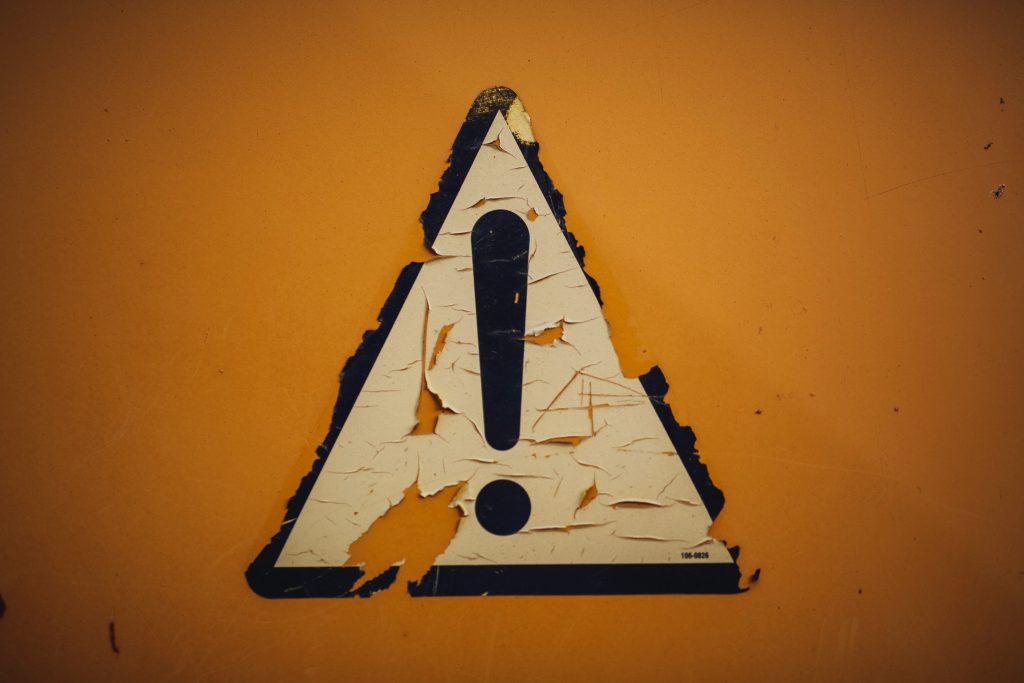This is a pattern we’re seeing again and again. A shocking and tragic news event will capture the world’s attention and become surrounded in lies and deceit. Social media platforms do not have the power to stop this misinformation, even if they have the will to. As people flock online to try and find information on events and give their own views, facts are overshadowed, conspiracy theories thrive, and too many people can’t tell whether what they’re learning is true or not. This happened with the Covid-19 pandemic, the invasion of Ukraine, and the ever increasing natural disasters that come with climate change. If we carry on with our current relationship to social media, it will continue to happen, distorting reality and, in many cases, breeding hatred and discrimination.
Why does misinformation appear in times of disaster?
There are several reasons that disasters spawn so much misinformation. A major one is the massive human desire for knowledge. The internet has spoiled us. We have more knowledge at the tip of our fingers than ever before. That access has made us hungry for more. When something like a war or a natural disaster happens, the rubbernecking instinct kicks in and we want to know everything; to see everything. Social media algorithms are designed to feed this desire, and it’s highly exploitable. This is especially true right now with the Israel-Hamas war. Decades of complicated politics and ideologies has lead to the current situation. It is extremely difficult for the average person to understand the motivations of either side. Our natural instinct to pick who is ‘right’ and ‘wrong’ is shattered, because reality is more complex than that. But we want to understand. So we go hunting for information.
There are two main groups who exploit this desire for knowledge to spread misinformation. They are either seeking to promote ideologies (in this case Islamophobia, Antisemitism, the far-right, general support of either side of the conflict, etc.). It doesn’t help that both Hamas and the Israeli government use their social media channels to spread propaganda. Then there are those who can profit from the spread of viral content, and whether its true or not doesn’t matter to them. The more wild and sensational, the more it will spread, and the more they’ll earn. Several social media platforms have monetization opportunities for their users.
Here’s some examples of misinformation from this conflict:
- A video captioned “BREAKING: Israeli Air Force is striking terror targets in Gaza” shows an airstrike from May, just before a ceasefire was brokered. It is unrelated to the recent Hamas attack. There are many other examples of false war footage, the most egregious possibly being a clip from Arma 3 (a video game!) being circulated as footage from Israel. Notably, this clip was also circulated as footage from the war in Ukraine a couple of years ago.
- A conspiracy theory (with its own hashtag, to help make it extra-spreadable) stating that Benjamin Netanyahu knew in advance about the coming attack went viral on several large platforms. This was spread by a far-right influencer, just after he said he wasn’t spreading a conspiracy theory.
- Some of the nastiest footage people claim to be coming out of the conflict include immolation and infant killings. These have easily been proven to come from other places and other times, but by then it’s too late. As I said, social media algorithms spread the most provocative and outrage inducing content fastest, and this is definitely that.

How can we avoid misinformation?
Whilst it is becoming increasingly difficult to differentiate fact from fiction these days, there are some methods we can use to critically assess media we’re consuming. First and foremost, find the source of facts people are stating. Is there one? Is it credible? Can the information be corroborated by other trustworthy news sources? Reuters’ ‘Fact Check’ page is constantly reviewing the veracity of viral social media content.
Also consider who benefits from the content you are viewing. Can content creator receive funding from it? Is it supporting a certain ideology whilst attacking another? Is the source of the content likely to have a biased stance? Unfortunately this is all extra work on the content-consumer’s part, but it’s important. And for goodness sake, if you’re not sure if it’s real or not, don’t engage with it. That’s no reposting, commenting, sharing. Don’t be part of the problem.
And, obviously, the best way to avoid misinformation spread on social media is to stop getting your news from social media. Viral misinformation loses its power if people aren’t on social media to see it. More official and reliable news sources aren’t completely infallible, it’s true. But by using those alone our exposure to misinformation will vastly decrease.


